Welcome newbies, veterans, experts and everyone in between! I wanted to attempt to make an ultimate guide to terms, slang, and acronyms that are most commonly used across the crypto world!
Hopefully this helps someone better understand some things!
This list is broken up into three sections:
- Terms
- Acronyms
- Slang
1. Terms
- Address - A crypto address is a string of characters that represents a wallet that can send and receive cryptocurrency. It is likened to a real-life address, email or website. Every address is unique and denotes the location of a wallet on the blockchain.
- Altcoin - A portmanteau of “alternative” and “coin”, altcoin generally refers to any cryptocurrency other than the original one, bitcoin.
- Blockchain - A digital form of record keeping, and the underlying technology behind cryptocurrencies. A blockchain is the result of sequential blocks that build upon one another, creating a permanent and unchangeable ledger of transactions (or other data).
- Bull markets and bear markets - These are phrases borrowed from traditional stock markets. A bull market means traders are confident in the prospects for a particular investment, meaning they will keep buying and prices will keep rising – whereas in a bear market, traders are nervous and prices will generally fall.
- BULLISH: An expectation that price is going to increase
- BEARISH: An expectation that price is going to decrease
- Cloud mining - People can “mine”, or create, cryptocurrencies to compete for rewards in the form of newly minted crypto. Cloud mining uses remote data centers with shared processing power, like the kind that powers Google software, to pool resources and cut the cost of mining. Be extremely wary, as many cloud mining companies are just scams. An incredible amount of computing power is needed to mine the top cryptocurrencies. Anyone offering easy cloud-mining rewards is likely to be a charlatan.
- Cryptocurrency exchanges - Just like regular stock exchanges, the likes of Coinbase, Binance, Gemini and Bitstamp allow traders and investors to buy and sell — except that here they are trading cryptocurrencies. Unlike standard stock markets, cryptocurrency exchanges are online-only and are open 24 hours a day, 7 days a week.
- DeFi - is short for “decentralized finance,” an umbrella term for a variety of financial applications in cryptocurrency or blockchain geared toward disrupting financial intermediaries. DeFi draws inspiration from blockchain, the technology behind the digital currency bitcoin, which allows several entities to hold a copy of a history of transactions, meaning it isn't controlled by a single, central source. That's important because centralized systems and human gatekeepers can limit the speed and sophistication of transactions while offering users less direct control over their money. DeFi is distinct because it expands the use of blockchain from simple value transfer to more complex financial use cases.
- Decentralized Applications (DApps) - Applications designed by developers and deployed on a blockchain to carry out actions without intermediaries. Decentralized finance activities are often completed using decentralized apps. Ethereum is the main network supporting activities in decentralized finance.
- Exchange - A digital marketplace where you can buy and sell cryptocurrency.
- Fiat - A fiat currency is one that is backed by a sovereign government. For instance, sterling, US dollars or Indian rupees.
- Forks - A cryptocurrency fork is a split in a blockchain where two separate blockchains are created. This is sometimes but not always because of a disagreement between developers as to how the blockchain should be organized. In 2017, bitcoin forked into two separate blockchains: bitcoin and bitcoin cash.
- Gas (or Gas Fee) - Gas in crypto refers to the computational effort required to execute operations. You must pay a gas fee in order to make a transaction or execute a smart contract on Ethereum.
- Limits - Most exchanges do not set limits or restrictions on the number of cryptocurrency trades their users can make in a day. On turbulent trading days, when cryptocurrency prices are moving up or down very quickly, some brokers may put a short-term halt on people depositing funds on their platforms.
- Margin trading - When platforms talk about margin trading, they mean investors borrow money to increase their bet on a cryptocurrency. Be very careful, though, because margin trading can dramatically exacerbate losses if a trade doesn’t go your way.
- Market Cap - Crypto market capitalization is the total value of a cryptocurrency. Where stock market capitalization is calculated by multiplying share price times shares outstanding, crypto market capitalization is calculated by multiplying the price of the cryptocurrency with the number of coins in circulation.
- Order book - An order book is a list of all the traders on a particular cryptocurrency exchange or brokerage who want to buy or sell cryptocurrency for a certain price
- Sell orders - A sell order is an instruction given by traders to a platform to sell cryptocurrency that they own when the price hits a certain level. In traditional markets, this is referred to as a “stop loss”.
- Smart Contract - An algorithmic program that enacts the terms of a contract automatically based on its code. One of the main value propositions of the Ethereum network is its ability to execute smart contracts.
- Staking - Staking cryptocurrencies is a process that involves committing your crypto assets to support a blockchain network and confirm transactions. It's available with cryptocurrencies that use the proof-of-stake model to process payments. This is a more energy-efficient alternative to the proof-of-work model, which requires mining devices that use computing power to solve mathematical equations. Staking can be a great way to use your crypto to generate passive income, especially because some cryptocurrencies offer high interest rates for staking. Before you get started, it's important to fully understand how crypto staking works.
- Wallets - a crypto wallet is a way to store your cryptocurrency
- Hot Wallet - A software-based cryptocurrency wallet connected to the Internet. While more convenient for quickly accessing your crypto, these wallets are a bit more susceptible to hacking and cybersecurity attacks than offline wallets — just as files you store in the cloud may be more easily hacked than those locked in a safe in your home.
- Cold Wallet/Cold Storage - A secure method of storing your cryptocurrency completely offline. Many cold wallets (also called hardware wallets) are physical devices that look similar to a USB drive. This kind of wallet can help protect your crypto from hacking and theft, though it also comes with its own risks – like losing it, along with your crypto.
2. Acronyms
- ATH - Short form for “All-Time High”. Therefore it means the highest historical price of a specific coin.
- DCA - Short for Dollar-cost averaging (DCA) is an investment strategy in which an investor divides up the total amount to be invested across periodic purchases of a target asset in an effort to reduce the impact of volatility on the overall purchase.
- DYOR - Do Your Own Research is regarded as one of the most important aspects of being a cryptocurrency investor. As a way of combatting fraud and bad financial advice, people are urged to ‘DYOR’ and investigate any potential investment fully before committing money to any project.
- FOMO - Short for ‘fear of missing out’. The feeling when you see a huge green percentage growth on a chart and you don’t own that coin, so you sell other shit to buy into it freaking out. As crypto trading is still very much driven by emotions rather than valuation, FOMO is a huge factor to consider when swing trading in crypto.
- FUD - An acronym that stands for “Fear, Uncertainty and Doubt.” It is a strategy to influence perception of certain cryptocurrencies or the cryptocurrency market in general by spreading negative, misleading or false information.
- HODL - A misspelling of ‘hold’ that stuck around to mean ‘keep’. Also stands as an acronym for "Hold On for Dear Life". A crypto trader who buys a coin and does not plan on selling in the foreseeable future is called a hodler of the coin.
- ICO - An ICO is an initial coin offering, like an initial public offering (IPO), or float, in the stocks and shares world. An ICO is where new cryptos are sold to investors for the first time.
- NFT - Non-fungible token, which more or less means that it’s unique and can’t be replaced with something else. For example, a bitcoin is fungible — trade one for another bitcoin, and you’ll have exactly the same thing. A one-of-a-kind trading card, however, is non-fungible. If you traded it for a different card, you’d have something completely different. You gave up a Squirtle, and got a 1909 T206 Honus Wagner, which StadiumTalk calls “the Mona Lisa of baseball cards.”
3. Slang
- Diamond Hands - refers to someone who has a high-risk tolerance for a high volatility coin that they own. They don't cave under pressure and sell their coins, essentially.
- Lambo or "when Lambo”- Is a slang for the type of exotic car that people aspire to buy when their crypto assets rise in value substantially, i.e. “moon”.
- Moon or "to the moon!" - A term that is often employed as a verb (mooning) to describe a cryptocurrency that is under a strong upward market trend. Another common use of the expression is in the phrase “to the moon,” which refers to a strong belief that certain cryptocurrency is soon going to rise significantly in price.
- Shill - is used when a person promotes a specific digital coin or blockchain project. Shilling in the world of cryptocurrencies is part of a marketing ploy to bring awareness to certain coins that may or may not hold any value. This is why investors are advised to DYOR.
- Shorting - “Shorting” cryptocurrency means betting on the price going down rather than up.
- Weak Hands or Paper Hands - Refers to people that panic sell instead of continuing to HODL as the value of a coin or the whole crypto market goes down.
- Whale - A huge player who has a substantial amount of capital. Whales are said to have the ability to be market movers for small alt-coins too due to their huge capital.
[link] [comments]

You can get bonuses upto $100 FREE BONUS when you:
💰 Install these recommended apps:
💲 SocialGood - 100% Crypto Back on Everyday Shopping
💲 xPortal - The DeFi For The Next Billion
💲 CryptoTab Browser - Lightweight, fast, and ready to mine!
💰 Register on these recommended exchanges:
🟡 Binance🟡 Bitfinex🟡 Bitmart🟡 Bittrex🟡 Bitget
🟡 CoinEx🟡 Crypto.com🟡 Gate.io🟡 Huobi🟡 Kucoin.

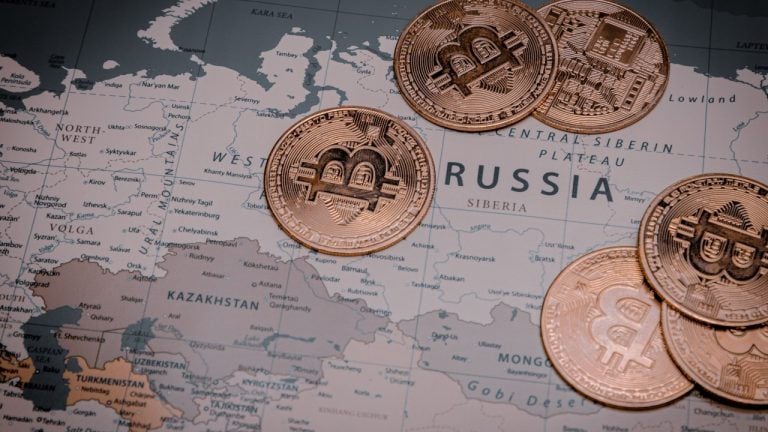
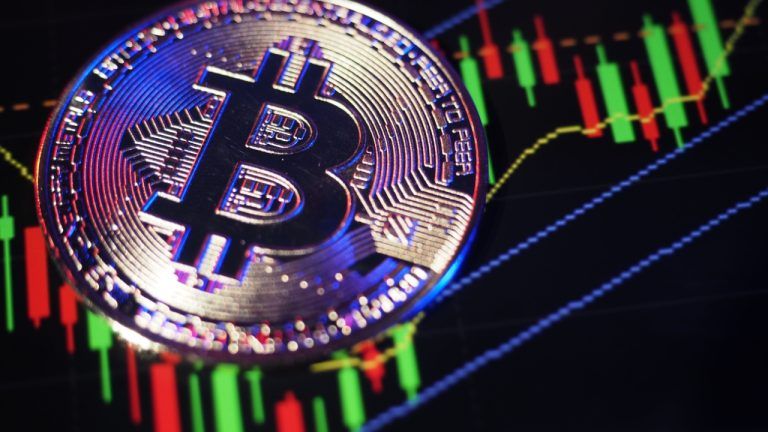
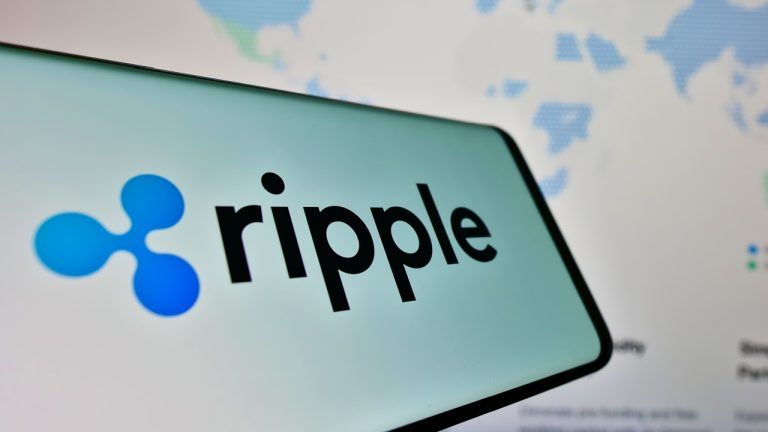
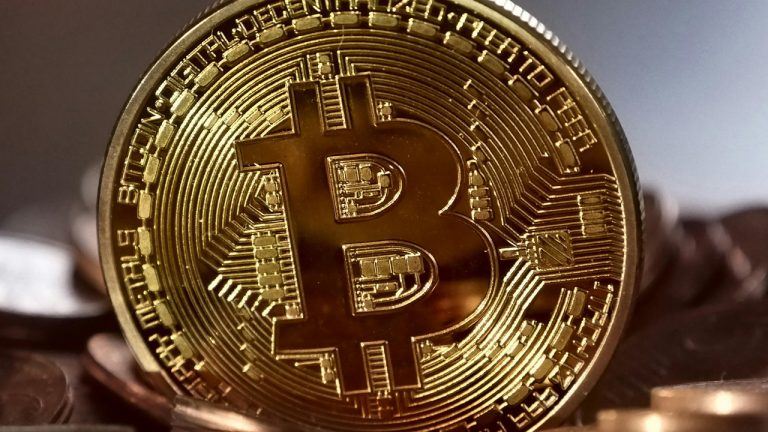


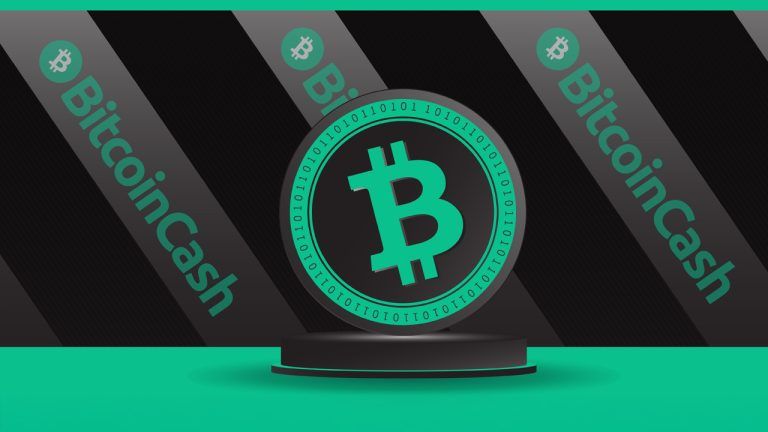
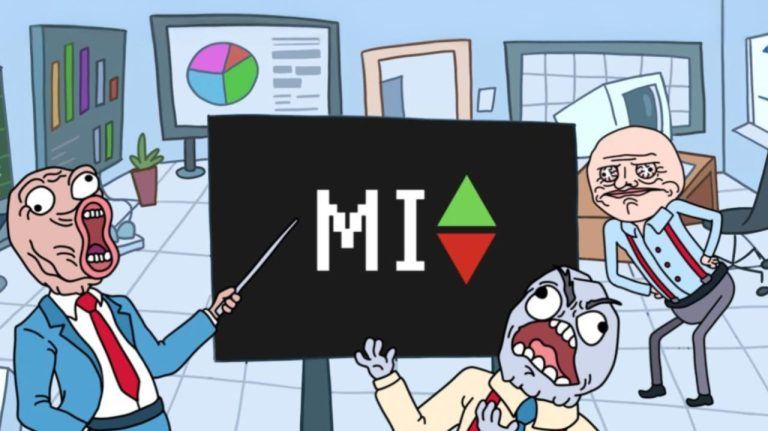
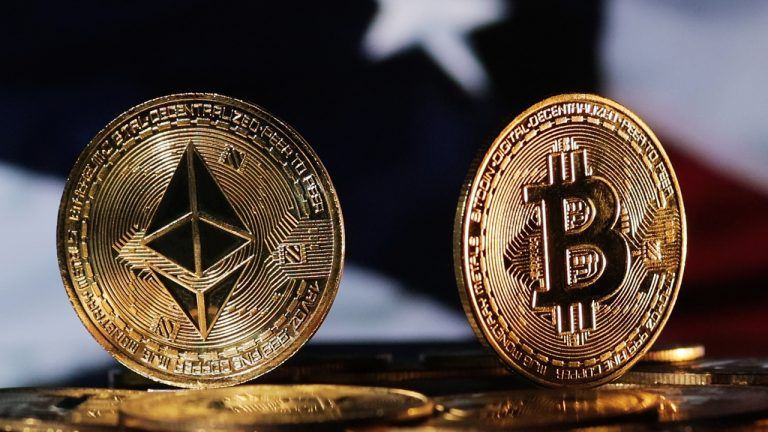

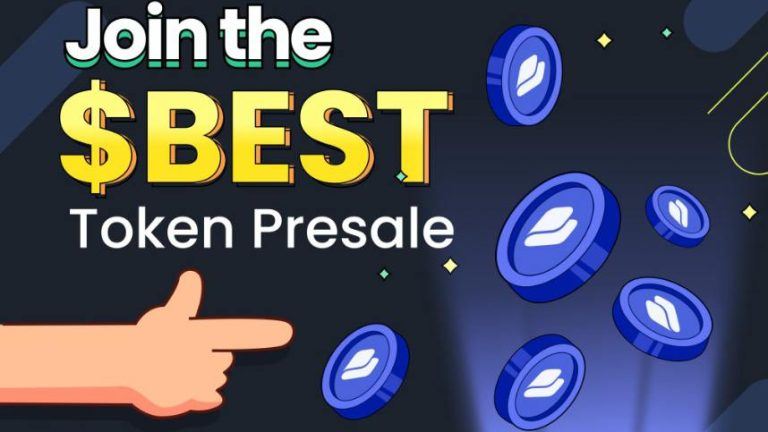








Comments